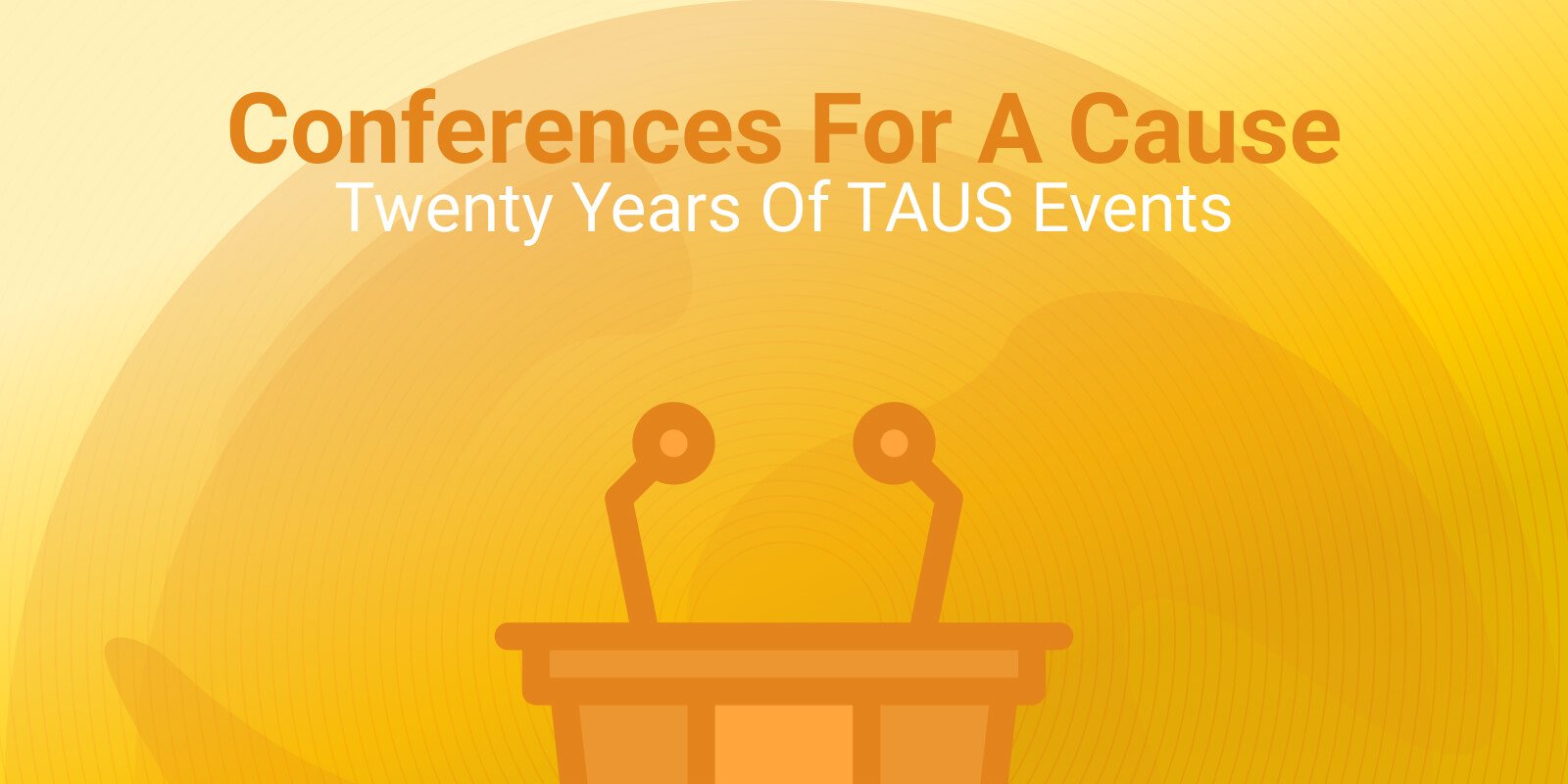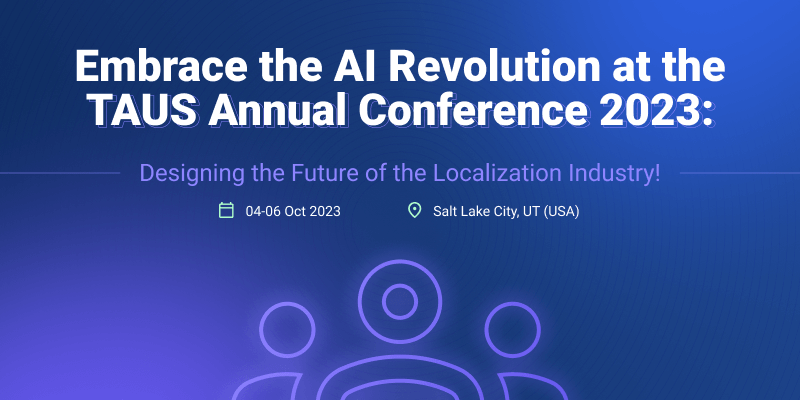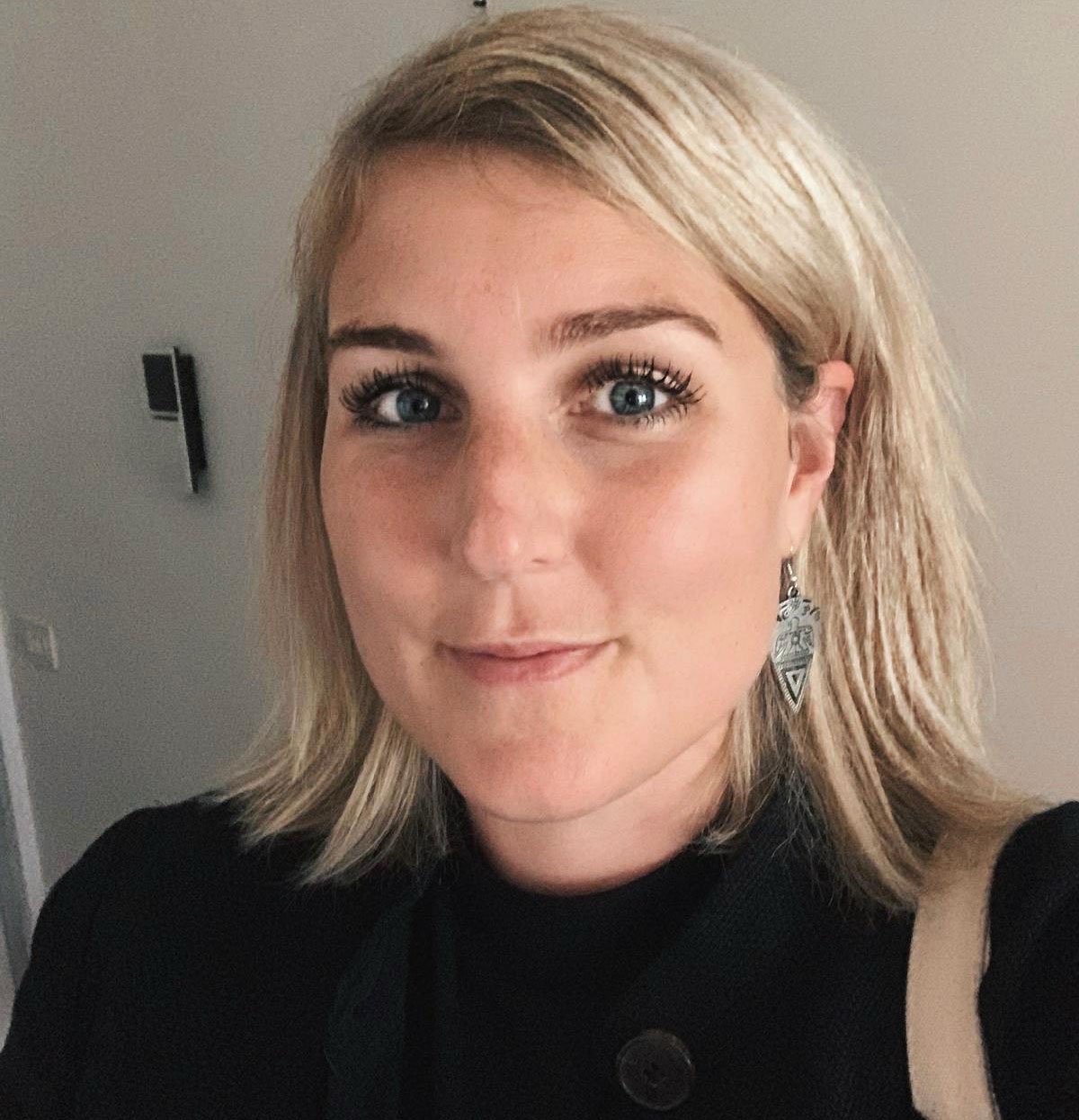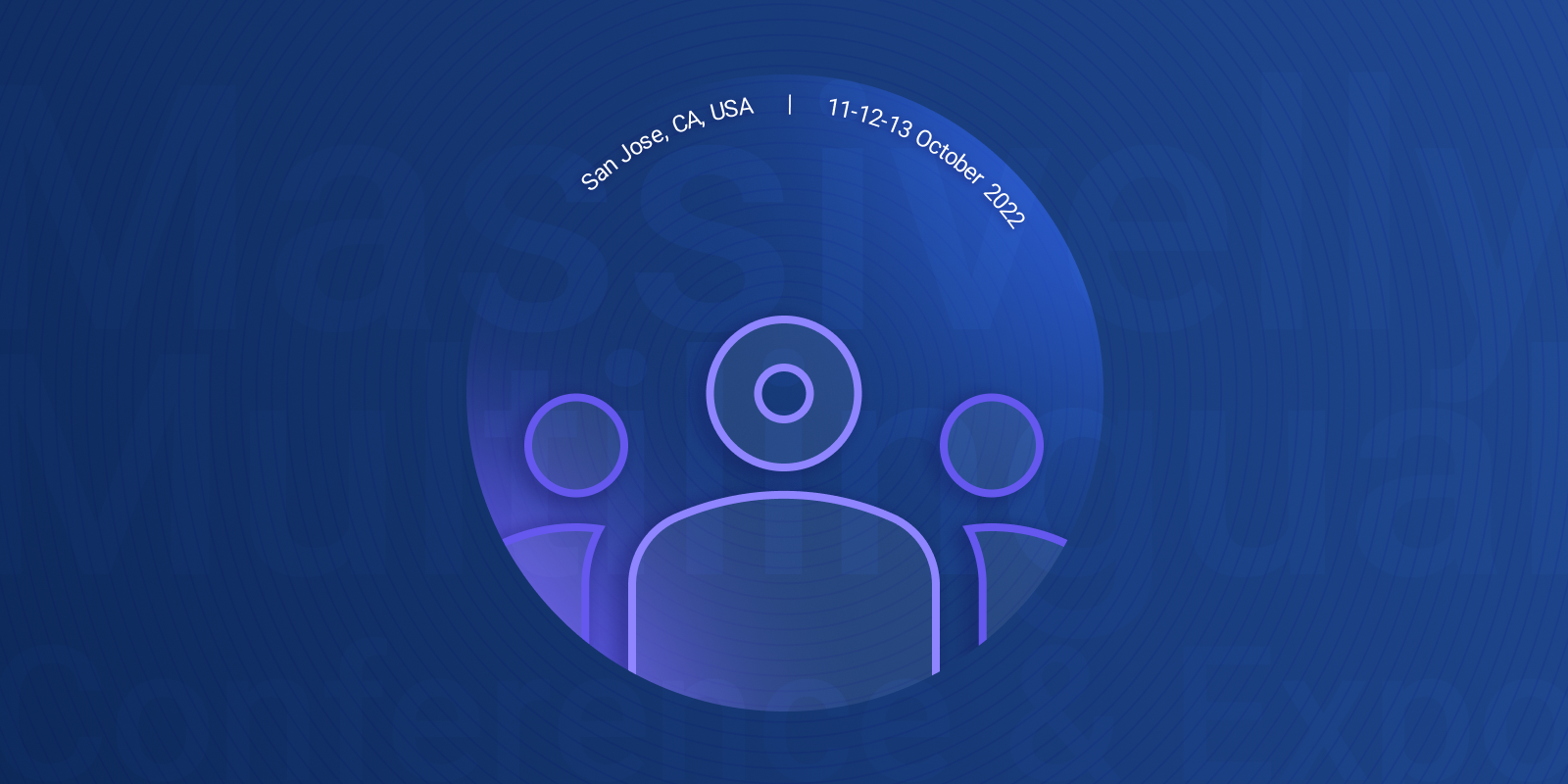Why the TAUS Industry Leaders Forum?
17/04/2019
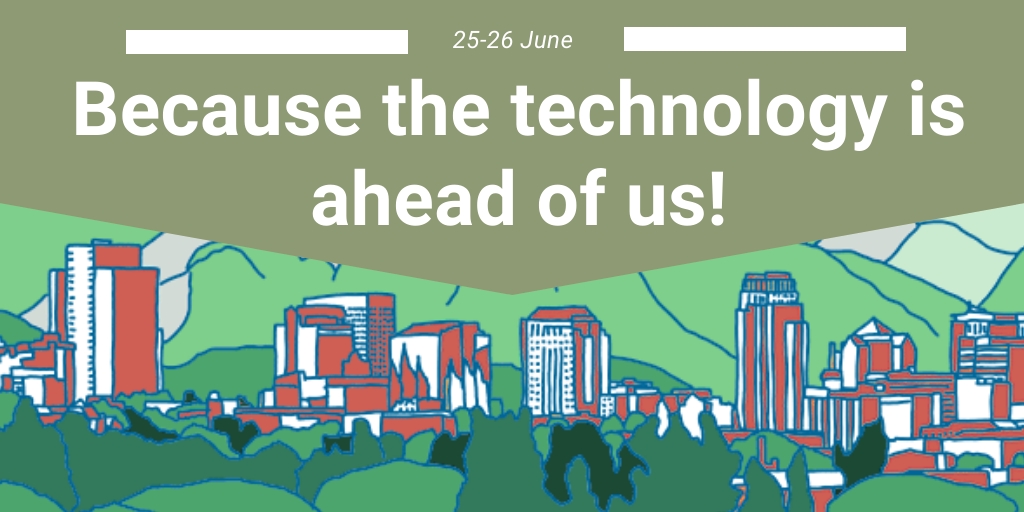
Executives from the big tech companies, large LSPs, smaller LSPs as well as technology providers will come together at TAUS Industry Leaders Forum on 25-26 June 2019 to agree on how to work together to fix the gaps and catch up with the rapid technology shift.
Author
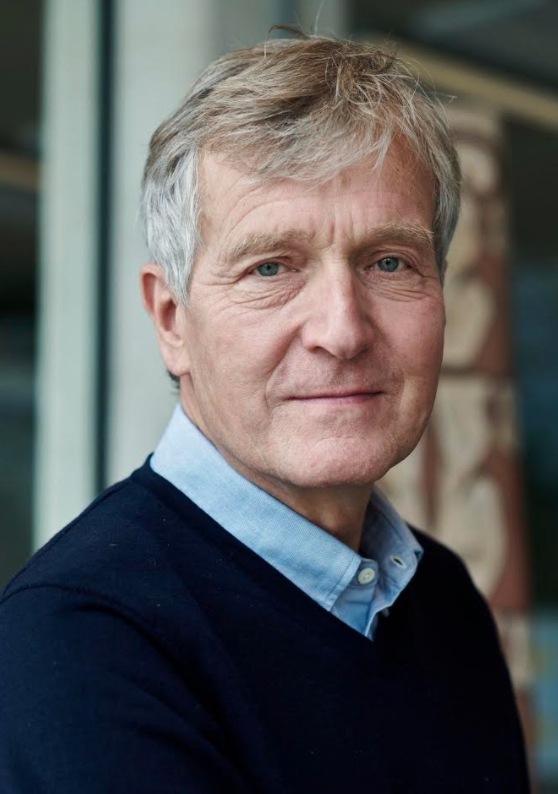
Jaap van der Meer founded TAUS in 2004. He is a language industry pioneer and visionary, who started his first translation company, INK, in The Netherlands in 1980. Jaap is a regular speaker at conferences and author of many articles about technologies, translation and globalization trends.
Related Articles
02/04/2024
The evolution of the language industry over the past two decades includes a transition from rule-based Machine Translation to the integration of AI. Learn more about how two industries converge at the TAUS conferences in Rome and Albuquerque this year.
21/07/2023
Embrace the GenAI revolution at the TAUS Annual Conference 2023 to thrive in the LLM era. Join this defining moment in the language & localization industry.
 by Şölen Aslan
by Şölen Aslan25/10/2022
Notes from the TAUS Massively Multilingual Conference 2022
